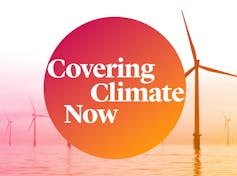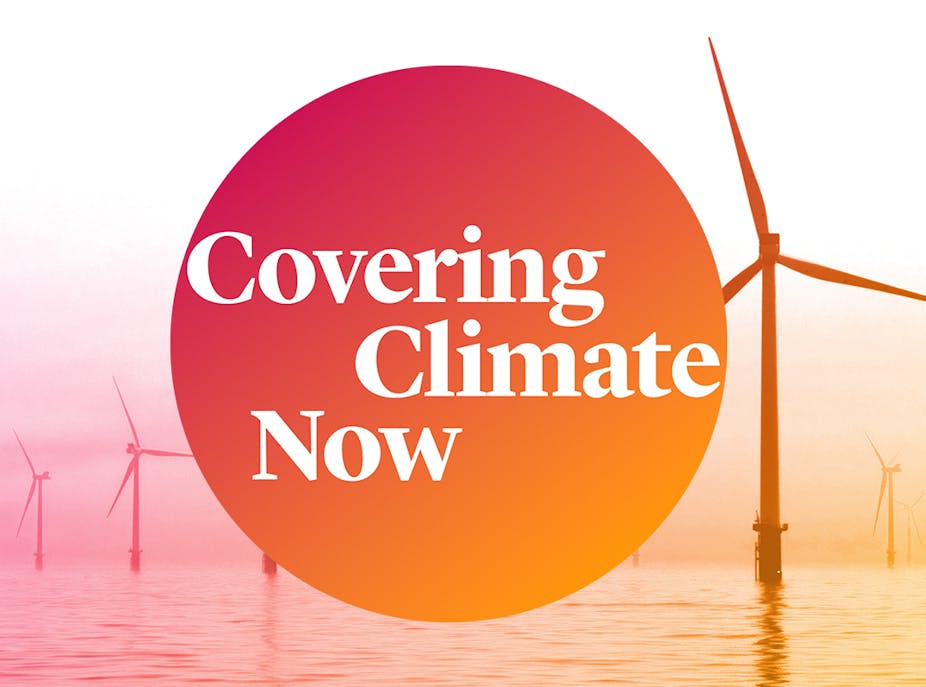There is no bigger story than climate change and the threat it poses to life on Earth. Despite this, there have been several missteps in the media’s reporting on it over the last few decades. You may have seen “debates” on TV between climate scientists and sceptics who have little scientific background – the one-on-one format suggesting a false equivalence between the two.
In newspapers and online, media outlets have often given platforms to writers whose political leanings – more than any rigorous engagement with the science – have influenced their outlook on climate change. And that’s only considering the times climate change has made the news at all. Even in 2019, as experts warn we have vanishingly little time to divert catastrophe, major TV networks in the US dedicated more coverage to Britain’s royal baby during one week in May than they had to climate change over the whole year up to that point.
This is an area in which The Conversation has sought to define itself. The science of climate change invites all kinds of speculation and opinion, but without the expertise to support it, much of it is worthless. All of our authors must be involved in active research within the field they wish to write about and they must disclose any relevant affiliations or funding sources. More often than not, the big environmental stories of the day lead our coverage. The climate crisis is serious – telling the story right is paramount.
That’s why we were excited to join the Covering Climate Now initiative. Along with more than 170 other media outlets, The Conversation has committed to running a week of coverage focused on the climate crisis, starting on September 16 and culminating on September 23 with the UN Climate Action Summit in New York. Throughout the week, we’ll bring you news and analysis direct from the experts who first raised the alarm on climate change and continue to be the most trusted source among the public.
Just in the last year, the climate strikes and Extinction Rebellion have brought people onto the streets to protest global inaction on climate change. The scientific debate is now settled – climate change is here.
Still, misconceptions about climate science abound and many underestimate how severe the threat is. The result is that meaningful action is delayed while emissions continue to rise. People want to hear the solutions and our authors are uniquely placed to describe the many ways life can and must change in order for societies to thrive in the 21st century.
Since climate change will affect every aspect of our lives, we wanted to commission stories that covered many different angles and reflected the diversity of expertise our authors could share. We spoke with experts across climatology, engineering, literature and psychology to understand how climate change will remake our world and what our response to it should be.
Our aim is to focus the attention of the world’s brightest minds on tackling the burning issue of our time. To keep up to date with all of it, you can subscribe to our daily newsletter and our monthly climate action newsletter.

This article is part of The Covering Climate Now series
This is a concerted effort among news organisations to put the climate crisis at the forefront of our coverage. This article is published under a Creative Commons license and can be reproduced for free. The Conversation also runs Imagine, a newsletter in which academics explore how the world can rise to the challenge of climate change. Sign up here.

